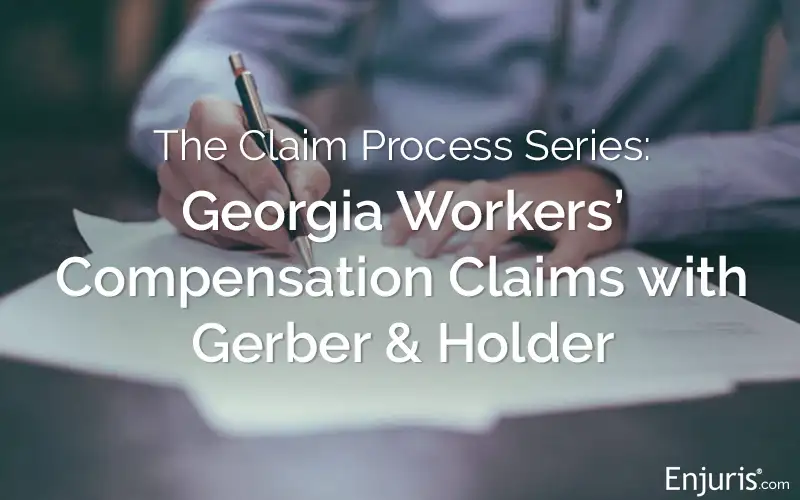Workers’ compensation is sometimes called an “exclusive remedy” because, in most cases, workers can’t sue an employer for a work-related injury but instead have to file a workers’ compensation claim to receive benefits.
But what if a third party is fully or partially responsible for a worker’s injury?
In Georgia, injured workers can usually file a lawsuit against a third party in addition to filing a workers’ compensation claim.
Let’s take a closer look.
What is a third party?
In the context of on-the-job injuries, a “third party” is any at-fault person or entity except:
- Your employer
- Your colleagues
Let’s consider an example:
In this example, the drunk driver is considered a third party.
Can you sue a third party in addition to filing a workers’ comp claim?
In most cases, an employee who is injured by a third party can file a third-party lawsuit and file a workers’ compensation claim separately.
Why would an injured employer want to file both a workers’ compensation claim and a third-party lawsuit?
Workers’ compensation claims limit the benefits that you can recover. For example, there’s a cap on the amount of income benefits you can receive and you’re unable to recover any damages for pain and suffering.
If a third party was fully or partially responsible for your injury, you can file a lawsuit against them to recover the damages you’re not able to recover through your workers’ compensation claim.
The bottom line:
Filing a workers’ compensation claim and a third-party lawsuit gives you the best chance of recovering all the damages you deserve.
Keep in mind that if the workers’ compensation insurer pays you benefits and you later file a third-party lawsuit, the workers’ compensation insurer may intervene in the action to make sure they’re reimbursed for the benefits they paid you from the third party.
How can you prove liability against a third party?
Workers’ compensation is no-fault insurance. This means you can receive benefits without having to prove that anyone was at fault.
But this is not the case with a third-party lawsuit.
If you file a third-party lawsuit, you’ll need to prove that the third party was at fault just like in any other personal injury lawsuit. Most often, this means proving the elements of negligence:
- The third party owed you a duty,
- The third party breached that duty, and
- The third-party’s breach was the proximate cause of your injuries.
Do I need an attorney?
Workers’ compensation claims are complex, and they become even more complicated when a third party is involved. An attorney can help determine whether a third party might be liable and whether the third party can be sued. An attorney can also help you navigate situations where an employer or an insurer chooses to intervene in an action against a third party.
Don’t hesitate to consult a lawyer who specializes in these legal issues as soon as possible to learn about your rights.




 If you or a loved one have been seriously injured on the job, or suffered an occupational injury, you should know that you have legal rights under the Georgia workers’ compensation law. At Gerber & Holder Law, our Atlanta attorneys can tell you what those rights are and we’ll fight aggressively on your behalf to negotiate a fair settlement—and even take your case to the highest court in the land if necessary. We see every client as an individual with a unique story and important concerns. Our law firm has served our clients faithfully in every case. By doing so, we have been able to build a history of success stories by securing large workers’ compensation settlements and payouts. Most importantly, we’ve been able to change the lives of our clients, helping them recover physically, emotionally and financially. View
If you or a loved one have been seriously injured on the job, or suffered an occupational injury, you should know that you have legal rights under the Georgia workers’ compensation law. At Gerber & Holder Law, our Atlanta attorneys can tell you what those rights are and we’ll fight aggressively on your behalf to negotiate a fair settlement—and even take your case to the highest court in the land if necessary. We see every client as an individual with a unique story and important concerns. Our law firm has served our clients faithfully in every case. By doing so, we have been able to build a history of success stories by securing large workers’ compensation settlements and payouts. Most importantly, we’ve been able to change the lives of our clients, helping them recover physically, emotionally and financially. View 